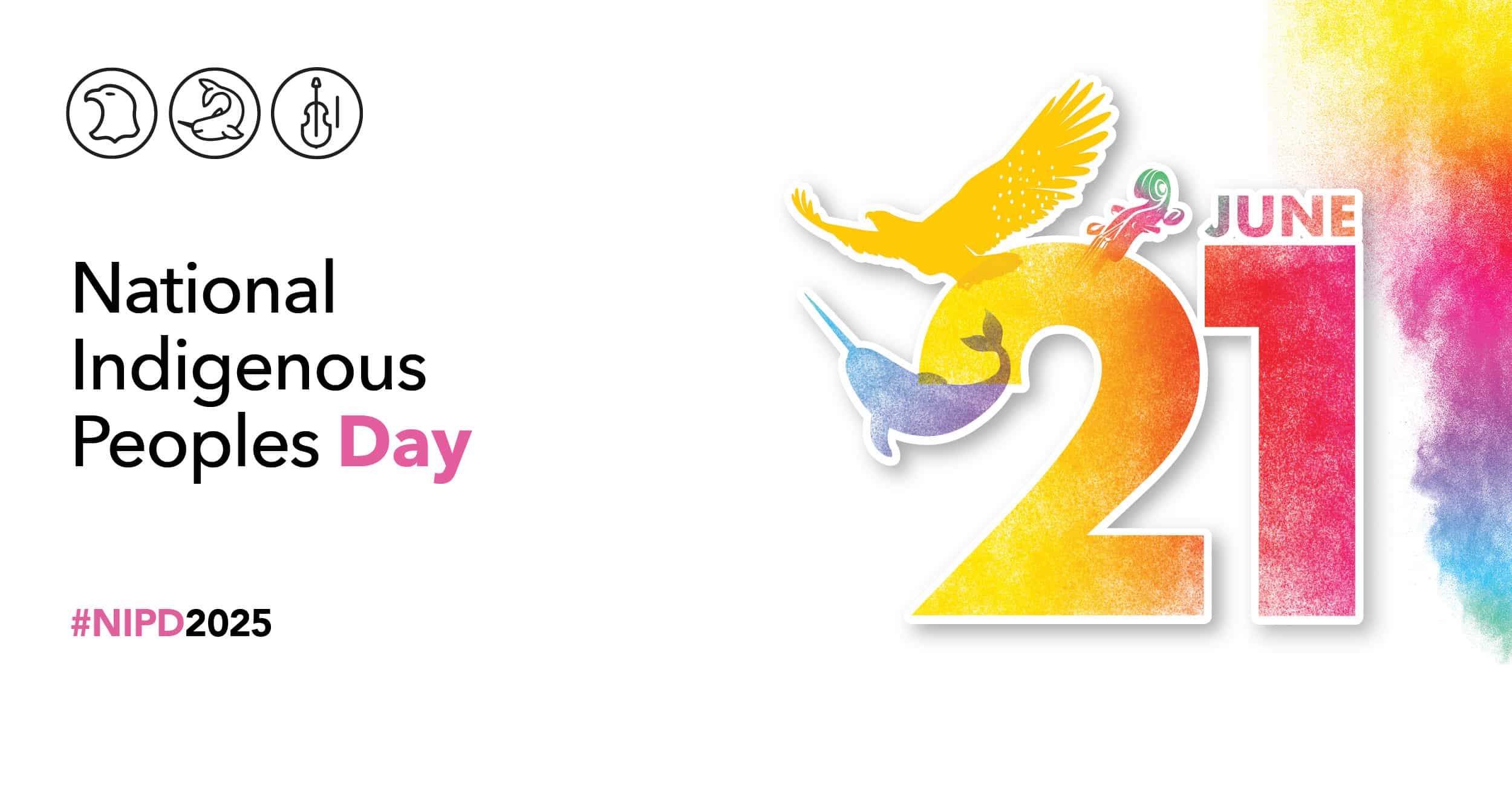For many internationally adopted children, a part of adjusting to their new home will include learning to hear the sounds of English. They will then need to learn how to move their lips, tongue, and jaw to produce these sounds, and then put words together.
Language learning
Encourage language learning by creating fun activities like Peek-a-Boo, singing songs, or other age-appropriate games.
Toddlers
Children who arrive home after the age of two will have spoken in their first language for approximately a year. One of their jobs will be to learn the sounds, vocabulary, and grammar of English. During this time children may be less verbal and more observational.
School age kids
School age children may experience “language transfer” whereby their native language may influence their speech patterns in English. When the child says “I have sandwich?” rather than saying “That’s wrong,” say the sentence again with all of the words (e.g. “May I have a sandwich?”) and then answer “Sure!” Accents and errors usually diminish as children develop their English.
Sound development
The approximate age range in which most children acquire different speech sounds.
| Sounds | Example words | Approximate age of acquisition |
| p, b, m, n, w, t, d, h | bat, pat, mommy, no, win, toe, daddy, house | 2-2.5 |
| k, g, f, sh, ch, j | kid, gum, fun, shoe, chair, jump | 3-4 |
| Th, r, l, v, s | thumb, read, lip, vest, soap | 8 |
Talking tips
- One parent used a computer program to communicate with her son when he first joined the family from Russia.
- Find someone in your community who speaks your child’s first language to help with the initial transition process.
- Try to learn keywords such as food, drink, and tired in your child’s first language. This will make the transition period smoother.
- Tell your child’s school about your child’s linguistic challenges and request language assistance classes as needed.
- Avoid a formal language assessment until your child has settled into his or her new life and home.
Warning signs
Ask your doctor or school for a referral to a speach language pathologist if you notice the following in your child:
- At the age of two, non-verbal or single word utterances.
- Strong preference for objects and toys rather than people.
- If all speech sounds are not present by the age of eight.
- Stuttering, either words or phrases.
Information compiled by Leach Buchholz, Speech Language Pathologist and adoptee.






